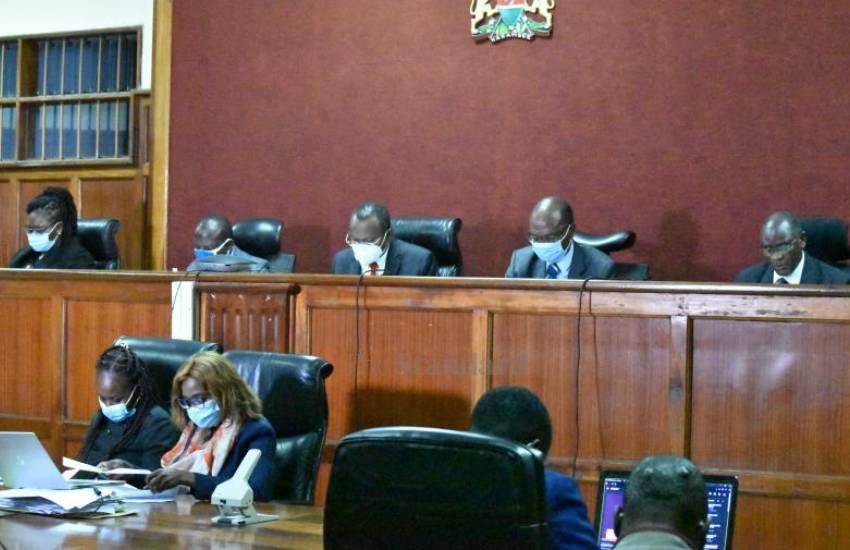
There aren’t many case rulings that surprise people and have lasting impact on the society concerned and beyond. The few that do become reference points to be studied in schools of law and as part of the history of a particular place.
Because of its influence, landmark cases in the United States are well known. There was the 1733 John Peter Zenger media case in New York in which the jury acquitted Zenger for publishing unpleasant truths against the governor and thereby established the principle that truth was a defense against libel.